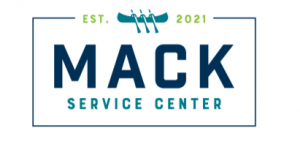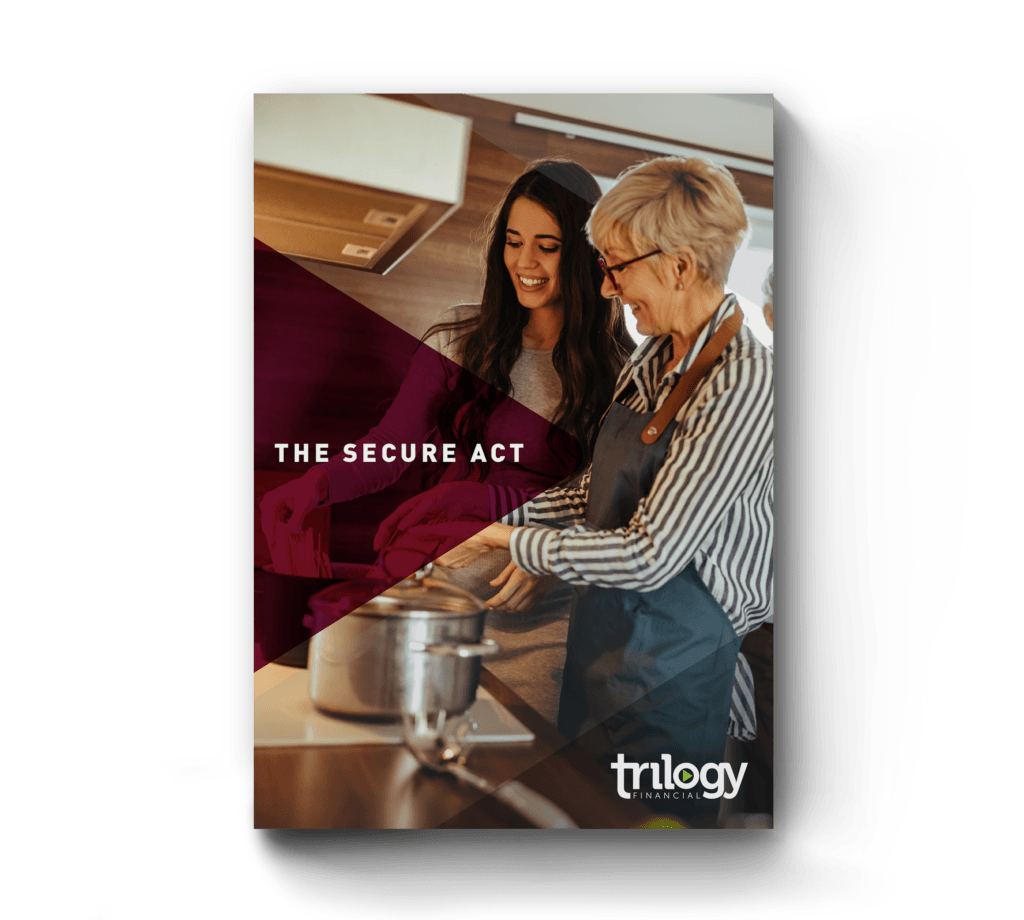Recently, I followed up with a client after the client had been away on a family vacation for two weeks. Prior to that trip, the chaos of summer, work travel, and meetings had prevented the client from following up with me on a minor but impactful recommendation I had encouraged the client to consider in our last conversation. Before I had the opportunity to even say, “Hello,” the client apologized and communicated that I was owed a phone call. Yes, I had encouraged a decision knowing the impact would further strengthen the client’s financial situation, but in my diligence, I didn’t expect a phone call. The definition of diligence: careful and persistent work or effort. I love the simplicity of this definition and the use of the words persistent and effort. From knowing the client, I know the client is incredibly diligent in her own work and personal life. You see, when my client picked up this phone call, and the diligence of my follow up had just replaced the client’s call, eased the burden of the client having to call me back (amidst her intense work schedule), and ultimately resulted in the client making a best decision to improve the efficiency and effectiveness of her plan after re-clarifying the client’s priorities and current time frames.
An ongoing and sound financial plan requires an immense amount of diligence. If you are not ready to double down on this level of diligence on your own, why not hire a Decision Coach and Certified Financial PlannerTM professional to sprinkle the entirety of your plan with some diligence? Have you rebalanced your 401(k) lately? Have you increased your contribution percentage after your last raise? Did you update your life insurance planning after you moved into a new home after your second child was born? Are you planning on saving for that dream trip to Europe, or is that just going to magically happen in the next five years? What are the trading fees on your brokerage account? You have given thought to each of these questions. You have even discussed the answers with your spouse or close friends. Yet, you are busy and these action items are on the top of your priority list on a Tuesday. All of these questions require thoughtful planning with ongoing diligence, communication, and action. As soon as you settle into a plan with the right cash flow, life happens and you will need to adjust the game plan. My client didn’t forget to call me back. My client wanted me to call me back. Yet, my client didn’t call me back and didn’t make up her mind, until I called. Was I upset that I had to follow up several times? Was I frustrated my client seemed non-responsive? Of course not! It’s my career and joy as a Decision Coach. It’s part of my role as your financial planner to be diligent, to hold you accountable, to help you make qualitatively better decisions over time. Do I expect this to take a few follow up calls and three incredibly productive and ongoing quarterly progress checks between annual reviews? Of course! I love crafting a game plan for you. I love when you approach a financial decision and prior to making a decision, you reach out to me. I want your plan to be dialed in, so ultimately, you are living the life you want now, saving for the life you want in the future, as I provide the guard rails of diligence all along the way. A lot happens in a year and all of those little decisions have a significant impact over a long arch of time. Why I am so diligent with your financial plan? So, you don’t always have to be…don’t apologize, let’s just make the next best decision together and I’ll handle the follow up so we can one day celebrate together, not just because you are retiring, but because of the life you lived to get there.



